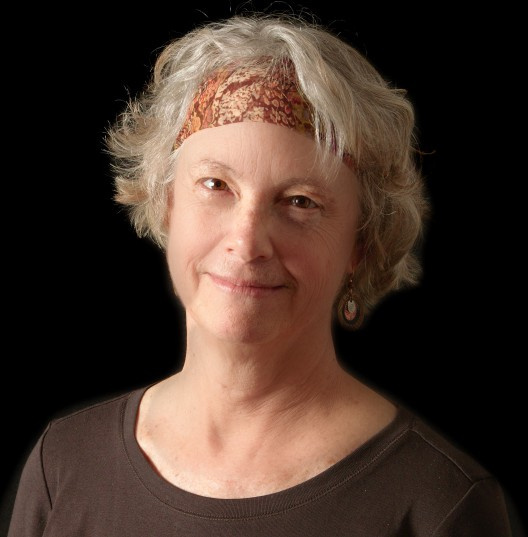In the hands of acclaimed author and naturalist Barbara Hurd, the essay is a living, breathing thing, not unlike the natural landscapes she describes. Her essays expand and contract, meandering here, receding there, with frequent unexpected detours.
The locus of her new collection, “Listening to the Savage: River Notes and Half-Heard Melodies,” is the mountains of western Maryland, where Hurd is a volunteer for the local watershed group that monitors the eponymous river. It’s an ideal setting for the author to rove along trails, crouching on the ground to listen for a particular species, while trying to hear with less bias.
That’s the daunting task she sets for herself in this book. Our ears are antennae, ever alert, an early warning system. Yet as we attune ourselves to certain sounds, we miss and misread others, failing to hear our surroundings fully. Hurd takes us on an auditory trek through the woods, by the river, to her piano lessons and more, as she contemplates what, and how, we hear. The result is a poetic and provocative guide to attentiveness.
Unlike some naturalists who are all science, or others with a bone to pick, Hurd, who teaches writing at the Vermont College of Fine Arts, is an observer whose politics are secondary. Although she worries about the prospect of fracking in her region, she’s more concerned with the quieter signals of disruption among plants and wildlife.
“Consciousness means we have to worry about what’s underground (literally and figuratively), what’s making unexplained ripples, what’s likely ahead,” she says.
Yet she’s both playful and irreverent, refusing to bow down to the usual altars. To those who profess a reverence for nature, she warns that such veneration distances us from ourselves and our experience.
“The trouble with a preexisting reverence,” she says, “is that it doesn’t trouble us enough into discovery.”
And discovery is really what she’s after. In her piano lessons, Hurd’s 85-year-old Juilliard-trained teacher, Betty, encourages her to hear the richness within dissonances, rather than smoothing the edges – to enlarge her notion of harmony. Hurd would be the first to admit that she’s no Van Cliburn, but this exercise in listening slowly works.
In a chapter on dissonance, Hurd describes hearing a flock of geese suddenly swooping overhead, then landing on the water. A sense of foreboding fills the air. Later, while playing a jarring measure in a Mozart piece, she links the two occasions: “The trick to distinguishing dissonance from mere discord is, perhaps, keeping an eye on one’s wish to mythologize.” Like many of us, Hurd longs to find meaning where there may, or may not, be any. Sometimes a flock of diving geese is just that.
The joy of Hurd’s book derives, in part, from the intimacy of the whole enterprise. Hurd’s writing is, at times, so personal and meditative that readers may feel as if they’re eavesdropping, recipients of a secret knowledge. Equally winning is her constant looping back and forth between the natural terrain she observes and the parallels to her own life – and ours – in the 21st century. All this, interspersed with references to the Mozart sonata she’s studying in her piano lessons and to other composers – Pachelbel, Messiaen, Schoenberg and Cage – who have filled the cultural canon.
By the book’s final chapter, Hurd is listening on a broader scale to the multiple voices of animals, the river, different instruments. This is what Betty means in her instruction to “listen orchestrally.” As Hurd starts to hear the discrete parts in a Bach fugue, she understands the value of such distinctions.
“Attentive discernments unblur the world and layer it deep,” she says.
This book about listening proves also to be a surprising adventure. Hurd’s probing mind, her knack for keen questions and her lyrical prose easily pique our interest. Moreover, the author has an engaging sidekick through much of the book, her 5-year-old granddaughter, Samantha, who serves as a metaphysical imp. Samantha’s unguarded curiosity and her absurdist patter, as they hike alongside the river, only add to the book’s abundant charm.
Joan Silverman writes op-eds, essays and book reviews. Her work has appeared in The Christian Science Monitor, Chicago Tribune and Dallas Morning News.
Send questions/comments to the editors.



